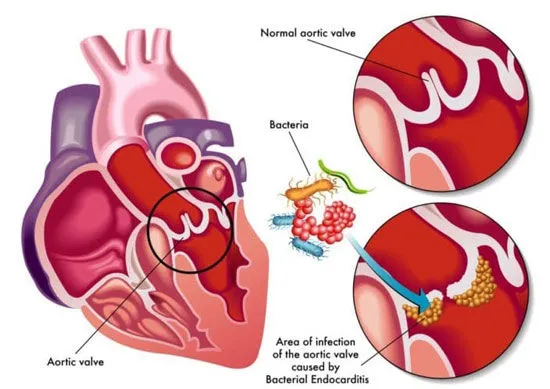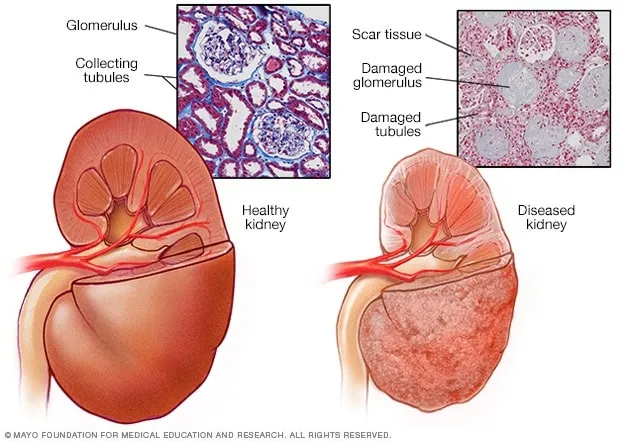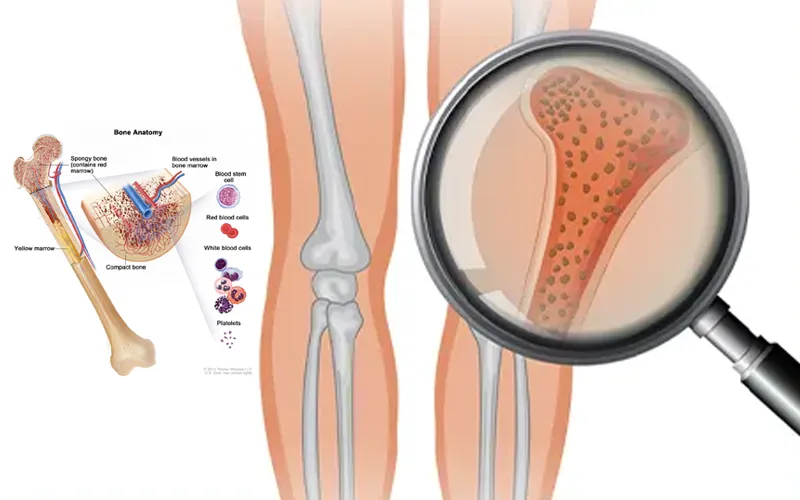Issue, October, 2025
Newsletter
Conceptual Medicine
Don’t Miss Out: High-Yield Medicine Content Ahead!
Exams are just around the corner! Conceptual Medicine brings you exam-focused, clinically relevant lectures, designed to simplify complex topics and boost retention. Every lecture is crafted to help you understand, revise, and score better.
1️⃣ Endocarditis Diagnosis: Modified Duke Criteria 2023 By Dr. Dilip Kumar
Understand the latest 2023 updates for diagnosing infective endocarditis and how to approach it confidently in exams and clinical practice.
- Pathologic criteria: Histological evidence and surgical findings help confirm infection directly from tissue samples.
- Microbiologic criteria: Positive blood cultures with typical organisms guide the diagnosis accurately.
- Imaging criteria: Echocardiography (TTE/TEE) findings help detect vegetations and valve damage early.
- Minor criteria: Predisposing conditions, vascular and immunologic signs support diagnosis when major criteria are insufficient.
- Final diagnosis approach: Use 2 major / 1 major + 3 minor / 5 minor criteria to make a structured, exam-ready diagnosis.

2️⃣ Most Important Exam Topic: Immune Thrombocytopenia (ITP) by Dr. Karthik
Master one of the most frequently tested hematology topics with a clear understanding of classification, management, and exam essentials.
- Updated classification: Know the stages – newly diagnosed, persistent, and chronic ITP – for proper management.
- Pediatric vs adult management: Treatment strategies differ based on age, which is critical for exams and clinical practice.
- Role of steroids, IVIG & thrombopoietin receptor agonists: Learn indications, doses, and sequence of therapies.
- Admission vs observation: Understand when inpatient care is required versus safe outpatient monitoring.
- High-yield MCQs & ASH guideline updates: Focus on points most likely to appear in exams, including latest American Society of Hematology recommendations.

3️⃣ Complications of Chronic Kidney Disease (CKD) | CKD Complications Explained by Dr. Sukanya Govindan
CKD has systemic implications and requires timely recognition for optimal patient outcomes. This session breaks it down clearly.
- Definition & staging: Learn eGFR and albuminuria-based classification for practical exam application.
- Systemic complications: Understand cardiovascular, hematologic, and bone-mineral disorders that affect patients’ prognosis.
- Early recognition & lab interpretation: Spot warning signs early and interpret labs effectively.
- Pharmacologic & lifestyle management: Key interventions to slow progression and manage complications.
- Referral & dialysis considerations: Recognize when to involve nephrology and initiate renal replacement therapy.

4️⃣ Inherited Bone Marrow Failure Syndromes (IBMFS) By Dr. Karthik K
Learn to identify rare but important syndromes with a structured approach for exams and clinical practice.
- Clinical features: Pancytopenia, developmental anomalies, and malignancy predisposition are key exam clues.
- Genetic basis: Recognize major syndromes like Fanconi anemia and Shwachman-Diamond syndrome.
- Diagnostic approach: Labs, bone marrow evaluation, and genetic testing form the cornerstone of diagnosis.
- Management: Supportive care, stem cell transplantation, and monitoring strategies explained in simple terms.
- Exam-relevant differentiation & inheritance patterns: Learn to distinguish syndromes quickly and remember inheritance modes.

5️⃣ Pleural Disorders by Dr. Vijay Balaji K
Pleural diseases are common and high-yield for exams. This lecture simplifies causes, diagnosis, and management.
- Common conditions: Covers pleural effusion, pneumothorax, hemothorax, empyema, and pleuritis.
- Causes: Infection, malignancy, autoimmune disorders, and trauma are explained in a structured way.
- Clinical features & physical signs: Learn hallmark features for rapid bedside recognition.
- Diagnostic tools: Chest X-ray, ultrasound, CT scan, and thoracentesis findings explained for exam and clinical use.
- Management: Covers medical therapy, drainage, and surgical interventions for a practical approach.

Ready to study smarter and stay ahead?
Take Your Medicine Preparation to the Next Level
Stay ahead in exams, sharpen your clinical skills, and master high-yield topics with Conceptual Medicine.
👉 Subscribe Now and Access All Lectures
